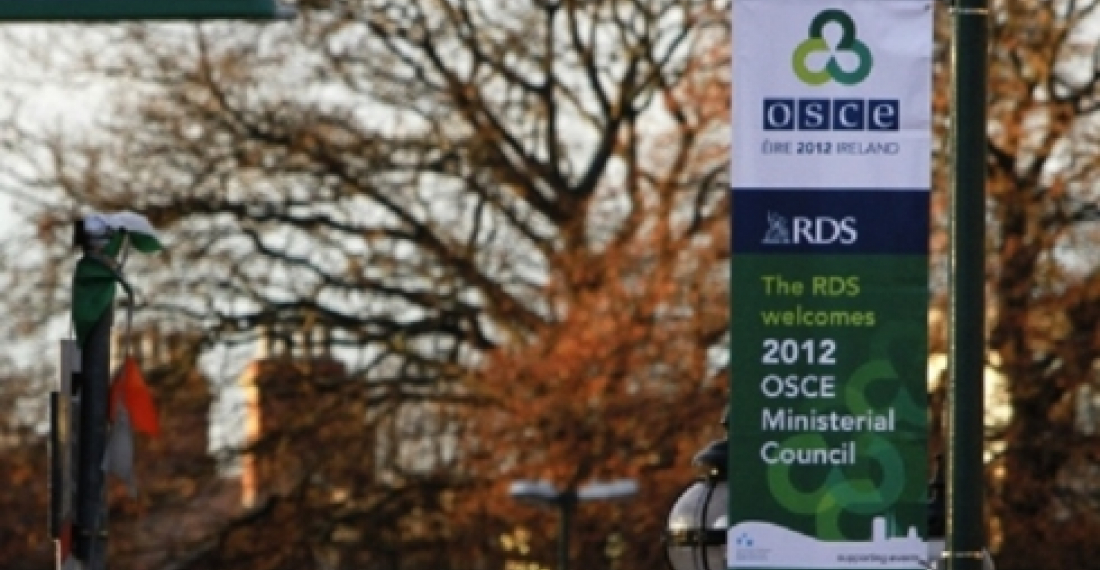Diplomats from the 57 member states of the Organisation for Security and Co-operation in Europe (OSCE) are gathering in Dublin for the 19th Ministerial Meeting of the Organisation which is due to start on Thursday.
The annual Ministerial meeting is an opportunity for the member states of the organisation to review a number of issues in the OSCE region which stretches from Vancouver to Vladivostock. Mongolia will participate this year for the first time as a full member after having been accepted as a member of the organisation in November.
Nagorno-Karabakh is on the agenda of the meeting and the OSCE Foreign Ministers are expected to issue the usual appeal to the sides to engage more constructively with the peace process. Both Armenia and Azerbaijan have confirmed that their Foreign Ministers will attend the Dublin meeting. It is however not yet clear if the Foreign Ministers will meet each other during the event. There is a wish on the part of the OSCE Minsk Group co-chair countries to host such a meeting.
Commonspace.eu political editor said in a comment that "the OSCE is currently in a phase of self reflection as criticism mounts about the efficacy of the organisation and the way that it operates. Since the 1994 changes that turned the Conference on Security and Co-operation in Europe (CSCE) into a fully fledged international organisation there have been few major successes for the international body. Its failure to prevent the Russian-Georgian war in 2008, given that it was the leading international organisation working on the Ossetian issue is often held against it. There will be an effort in Dublin to set the OSCE on a new vision, but turning it round will be a long process."
source: commonspace.eu
photo: Flags outside the venue of the 19th Ministerial Meeting of the OSCE in Dublin (picture courtesy of www.osce.org)







